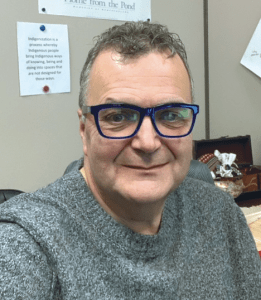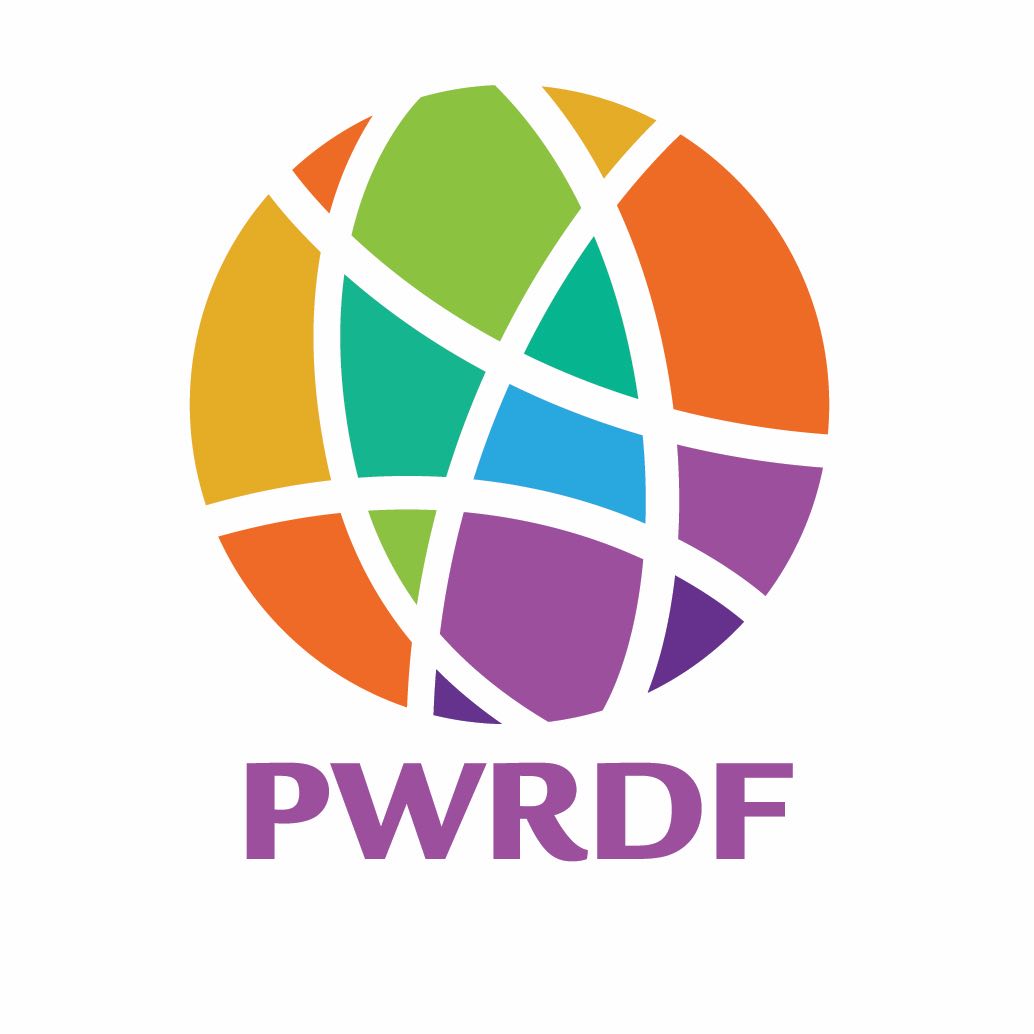Shortly after the historic apology by Primate Michael Peers in 1993 for the legacy of the Anglican Church’s involvement in residential schools, the Primate’s World Relief and Development Fund began working with Indigenous partners across Canada. Over those 30 years, funds have supported programs in language and cultural reclamation, health and clean water, and business development. In 2015, with the release of the Truth and Reconciliation’s 94 Calls to Action, there was a desire to do more. PWRDF’s Public Engagement Program Coordinator, Suzanne Rumsey, together with then Executive Director Adele Finney and Esther Wesley, former Coordinator of the Anglican Fund for Healing and Reconciliation, developed “Mapping the Ground We Stand On,” a workshop that explores Indigenous presence and Settler arrival on the map of Turtle Island/Canada.

Initially the workshop was designed to be parish-led, but in June 2019, PWRDF invested in training nine facilitators from across Canada, dedicated volunteers who are passionate about truth and reconciliation, to deliver the workshop. In August 2022, three more facilitators joined the ranks, to meet the growing demand from Anglicans wanting to learn more about the history and legacy of colonization. Tom Mugford, a lay canon in the Diocese of Eastern Newfoundland and Labrador, appointed by Bishop Sam Rose to lead Indigenous Ministries and Advocacy, was trained in Ottawa with Karen Luyendyk and Audrey Lawrence. Mugford and Lawrence are both Indigenous, bringing non-Settler perspectives and voices to the team.
When the pandemic hit and congregations were unable to gather, our facilitators were sidelined. At first, it seemed like a daunting task to replicate the tangible and visceral feelings of walking on the giant floor map of Canada, the centrepiece of the workshop.
But as the pandemic took hold in 2021, and with the devastating discovery of unmarked graves next to residential schools, so too did the desire for greater understanding and reconciliation. “We realized we needed to create a virtual version for groups to use online, and that could complement the in-person workshop down the road, when pandemic restrictions lifted,” says Rumsey.
The map is still front and centre in the virtual presentation. But instead of laying the names of Indigenous groups on the floor, the names appear on the map on the screen while participants read them over Zoom. As the facilitator guides participants through the waves of immigration coming to Canada over the centuries, arrows swoop in with text to populate the map. The virtual workshop also makes use of video technology and resources that were sometimes unwieldy or optional in the original version.
Today PWRDF is revving up to launch the Mapping Exercise 3.0, a new and improved in-person version that combines the best of the original workshop with some of the video pieces of the virtual workshop for groups that are able to gather in person. The online version will still be offered.
Mugford, a beneficiary of the Labrador Inuit Land Claims Agreement, first learned of the Mapping Exercise through Archdeacon Charlene Taylor, a former Diocesan Representative for PWRDF. She had been asked to recommend someone to the Ecclesiastical Province of Canada to join the facilitator team. “Knowing my connection and personal history she recommended me,” says Mugford. “So I attended a meeting with Suzanne Rumsey and [PWRDF Volunteer Coordinator] Kim Umbach and thought I could handle it.” Yet Mugford admits he went to the training in Ottawa with some trepidation. “You can sometimes feel very vulnerable when going into these kinds of settings, not knowing what you’ll be presented with, but all my fears were gone right away.”
There’s a word Mugford likes to use: reconcile-action. “It means actually doing something,” he says. “PWRDF has created a very tangible education piece for the country. You as the settler get to see your place in this history of Canada, and that’s important too. People are inspired to continue their learning but don’t leave traumatized. They develop a sense of empathy and understanding, versus pity. You learn to make a difference in the world and use your privilege. Reconciliation is not about pointing fingers, it’s acknowledging where we are as a country and where we are as a church.”
Mugford is a parishioner at St. Mark’s Anglican Church in St. John’s but visits various churches in his role at the diocese. Baptised by Bishop Sam in June 2002, he sees Indigenous spirituality as “part of the Anglican tradition, not in addition to it.”
To learn more about the Mapping Exercise or to book one for your parish or community group, visit pwrdf.org/mapping-exercise.





